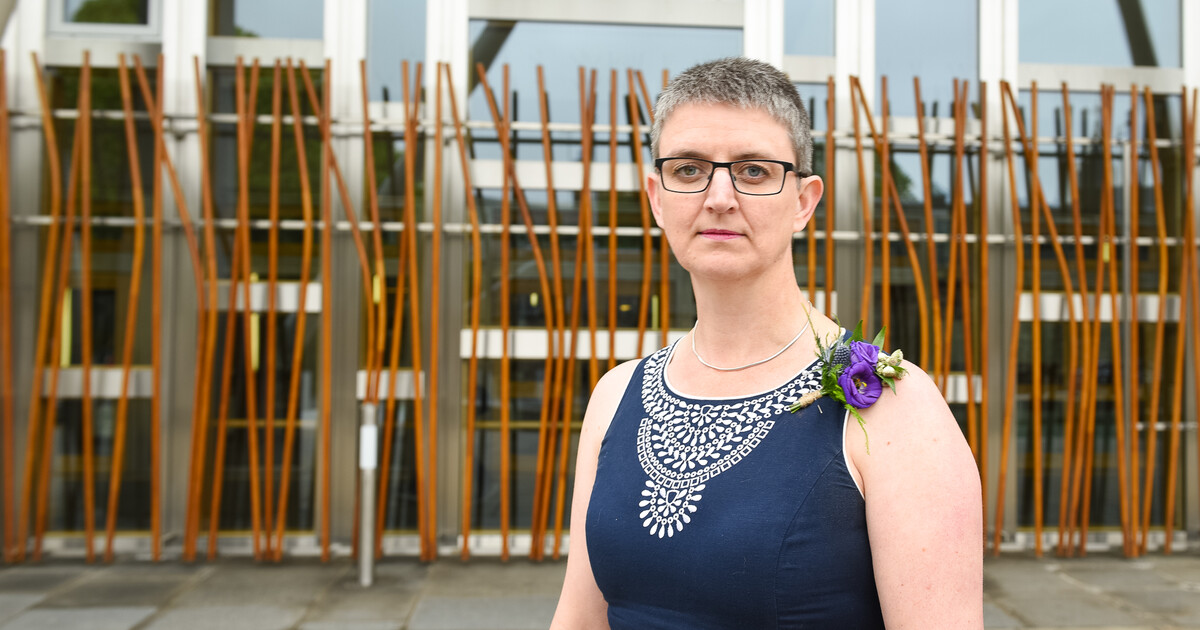16 Days: Misogyny laws urgently needed to stop gender based violence in educational settings

Scottish Greens spokesperson for justice, Maggie Chapman MSP is urging the Scottish Government to bring forward quickly the bill that would criminalise misogynistic harassment and provide protection to women and girls at risk of gender-based violence.
The global ‘16 Days’ campaign currently underway to take action against the epidemic of gender-based violence against women and girls has highlighted how critically we need tighter laws if we want to end domestic violence and sexual abuse.
Ms Chapman says: “We urgently need stricter laws that tackle misogyny and gender-based violence to protect the women and girls at risk of being victims. Bringing forward a bill criminalising misogynistic behaviour would see reports of harassment and assault based on gender being taken seriously.
“The fact that 1 in 5 female students in higher education experiences sexual harassment, and one in four experiences sexual assault shows that we urgently need to change the laws to protect these students from further harm.
“Over half of these reported experiences happened on campus, meaning that not only are they subject to harm and trauma, but their education is directly impacted by gender-based violence too.
“Women teachers in schools experience violence six times as much as their male counterparts, and this is leading to our young citizens growing up in a world where violence against women and girls is normalised everywhere they look – at school, at home, on television and social media.
“In girls aged 11-16, 75% of them have experienced or seen sexism and that figure rose to 97% in groups aged 17-25. What does that say about the normalisation of misogynistic behaviours?
“Life-threatening experiences for women and girls including domestic violence, sexual assault, rape and femicide are increasing because of the lack of legal repercussions we see happening. The onus is on women and girls to keep themselves ‘safe’ from the dangers of extreme misogyny. What we need instead is prevention - more focus on education for men or boys on how to avoid being radicalised by misogynists, and more focus on cultural change across society.
“If misogynistic threats go unpunished, they become misogynistic actions. If this is seen as par for the course of the female life experience, where boys and men are allowed to threaten or act dangerously towards women and girls with no real consequences, then it breeds the idea that it is socially acceptable.”
Ms Chapman added: “Nobody is born with hate in their hearts, or with the intention of striking fear in others. This is learned behaviour, which means it can be unlearned. By tackling the root cause of misogyny, we can aim to eradicate gender-based violence. We can create a safer world for young people to grow up in, where they feel respected and equal, no matter who they are. That starts with shifting where blame and responsibility lies, and what we do when violent threats and actions happen.”